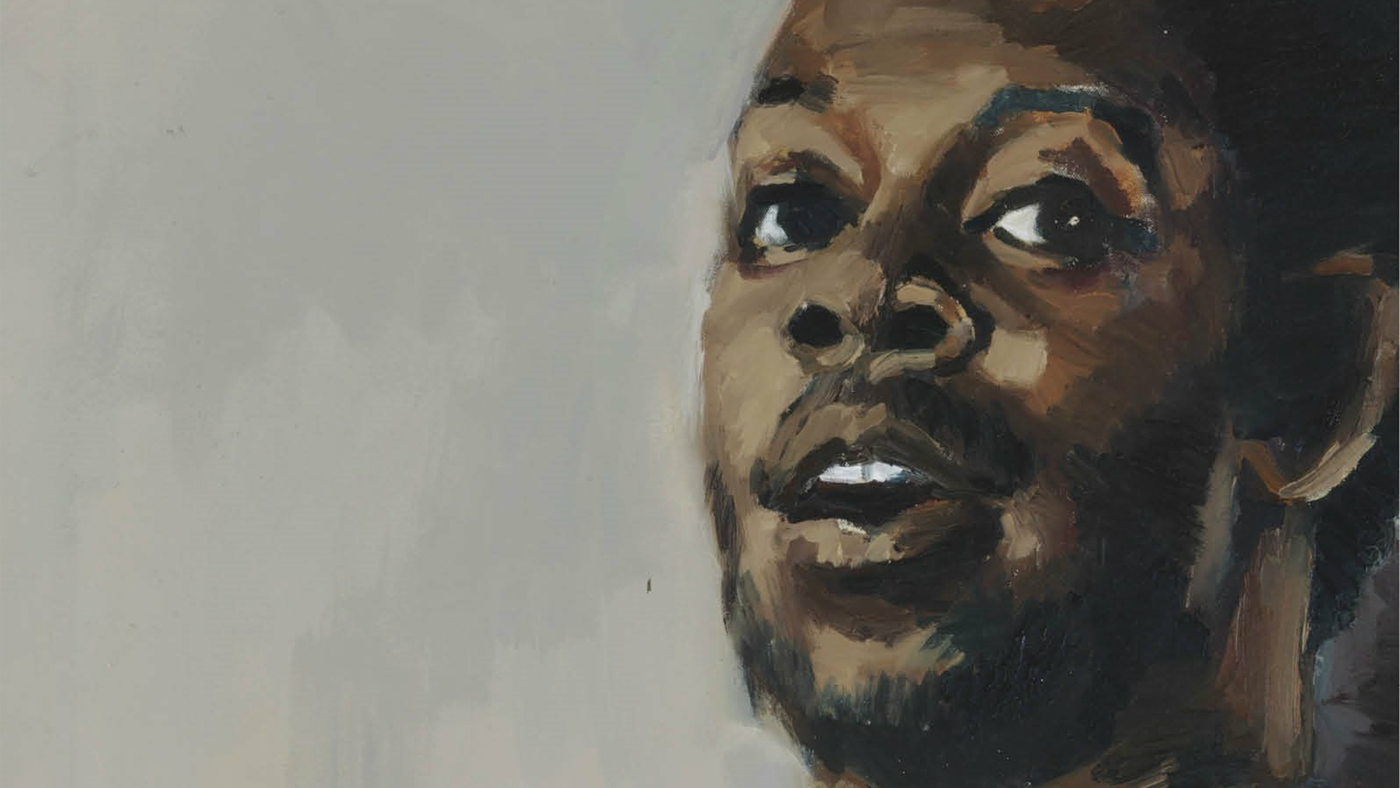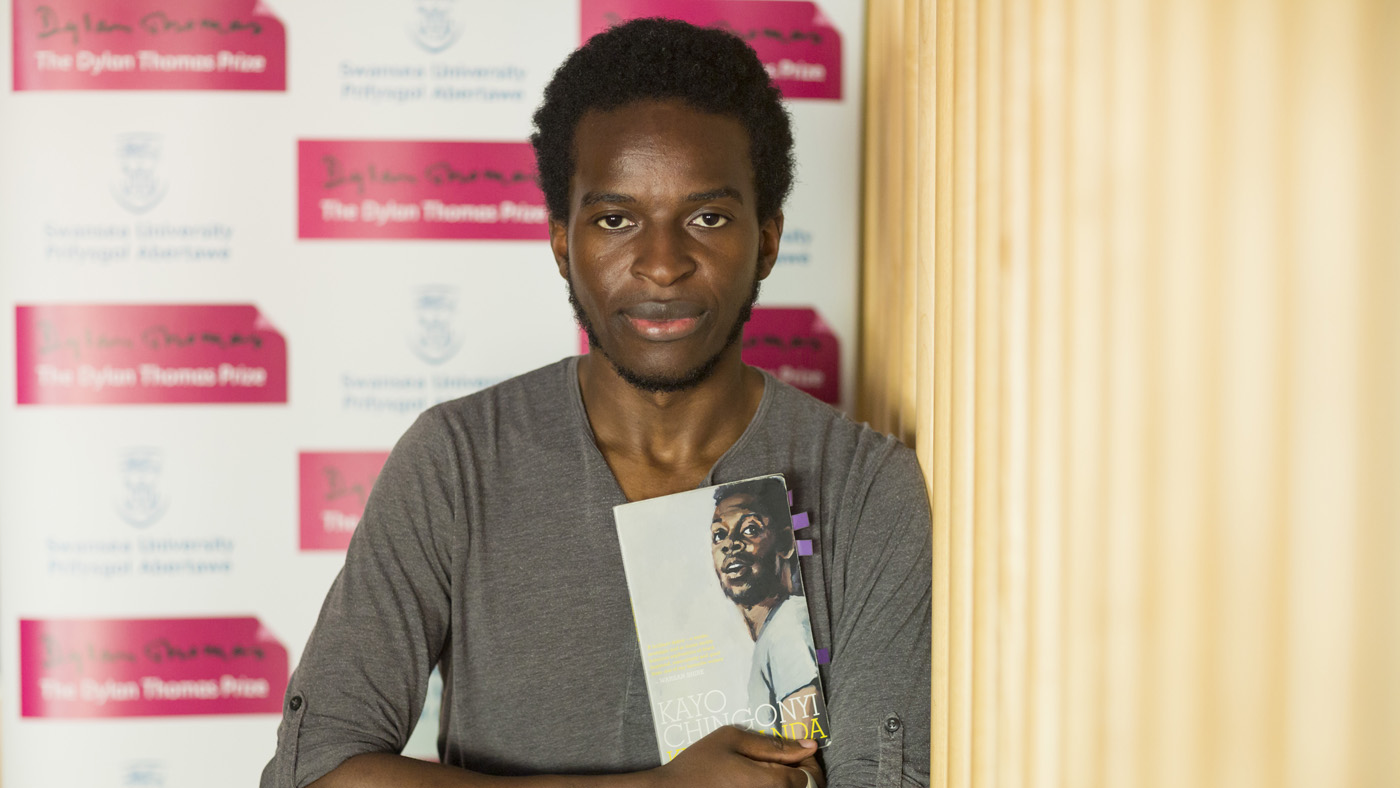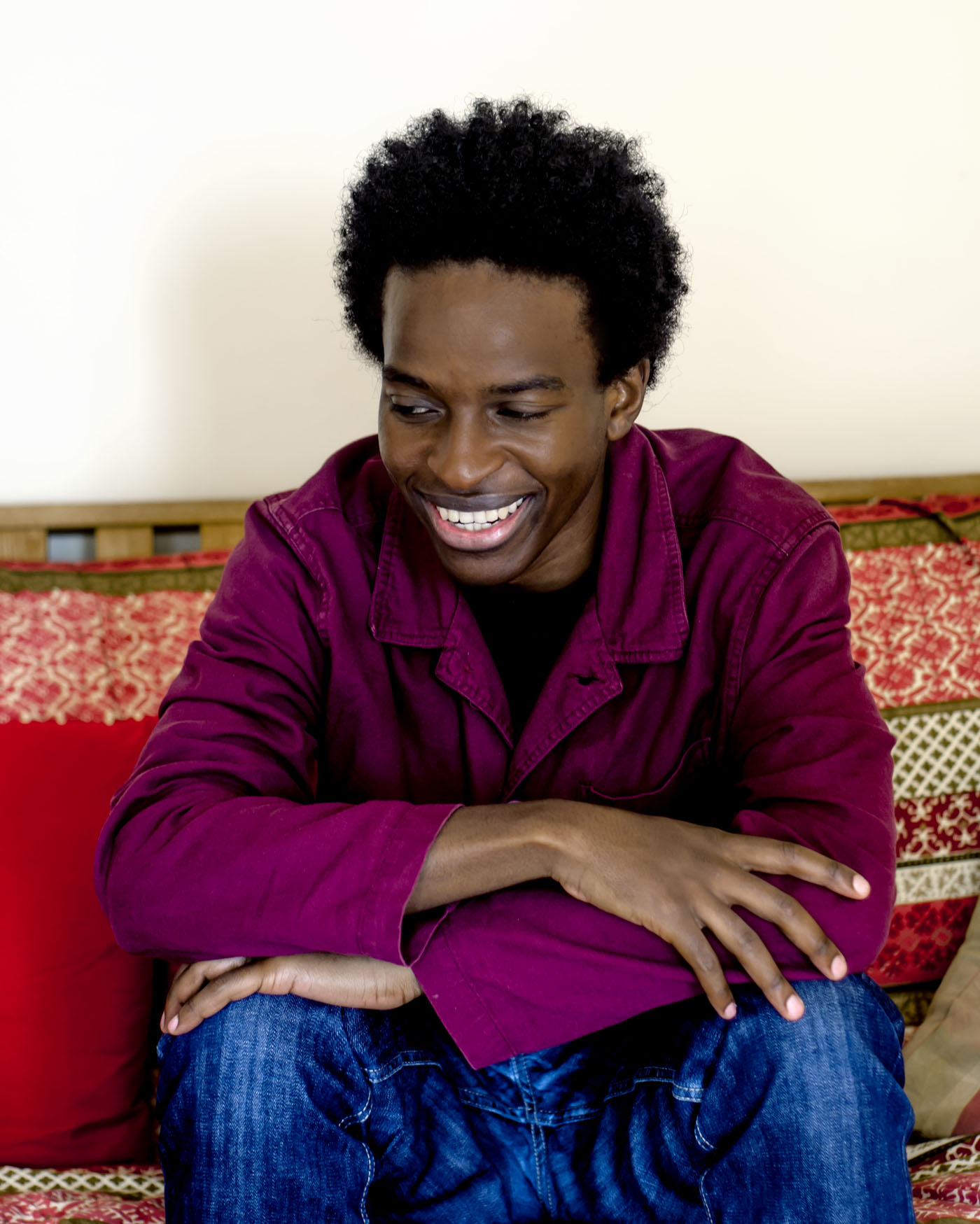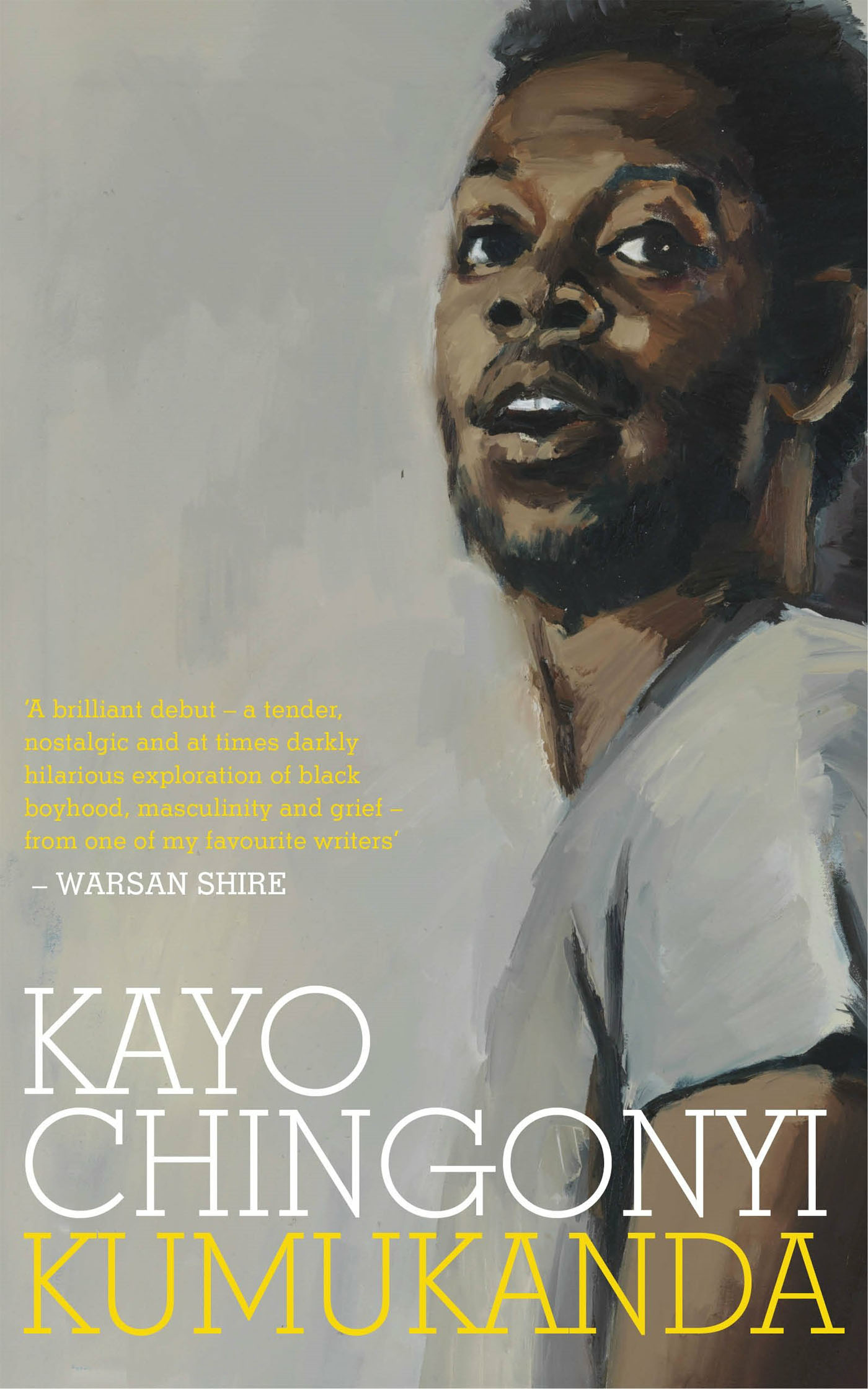Kayo Chingonyi on inspiration, masculinity and being British
The Dylan Thomas prize-winner explains his influences and what Britain means today

A free daily email with the biggest news stories of the day – and the best features from TheWeek.com
You are now subscribed
Your newsletter sign-up was successful
Following Kayo Chingonyi’s recent win in the Dylan Thomas awards, The Week Portfolio caught up with the Zambian-British writer to find out what inspires him and what he plans to do next.
The title of your poetry collection – Kumukanda – is a Luvale word connoting initiation. Why was that a theme you wanted to explore?
When I started writing the poems that form the core of this collection I was moving into my late twenties and thinking about the things that constituted my selfhood. I felt enormously grateful to have had access to a range of different influences but I also felt a sense of loss for those aspects of my cultural heritage that I would have been more connected to had stayed in Zambia.
The Week
Escape your echo chamber. Get the facts behind the news, plus analysis from multiple perspectives.

Sign up for The Week's Free Newsletters
From our morning news briefing to a weekly Good News Newsletter, get the best of The Week delivered directly to your inbox.
From our morning news briefing to a weekly Good News Newsletter, get the best of The Week delivered directly to your inbox.

Presenting you the award two weeks ago, Michael Sheen called Kumukanda “a stunning and hugely culturally relevant collection of poems that keenly explore black culture, masculinity and identity in Britain today”. Did you explicitly set out to write critically about British society?
When I was putting the book together I thought about what I wanted to put out into the world. At that moment I wasn’t sure if I would ever have the chance again so I focused on those themes that particularly moved me. I have for some time been conscious of certain problematic dynamics in terms of who can and can’t be British, for example, so it’s natural that the book broaches those kinds of questions.
And if it isn’t too big a question, what does Britain mean – and what does it mean to be British – in 2018?
That is a big question. Britain has always been an intersection of disparate influences (food, clothing, language, music etc.) and it remains so to this day (though some believe it to be more narrowly defined).
A free daily email with the biggest news stories of the day – and the best features from TheWeek.com

You’ve said you have had a long fascination with the work of Dylan Thomas. Why is that?
I think Dylan Thomas writes with an exceptional flair and attunement and a sense of the occasion of a text. When I read/heard the work for radio and I got to know the poems I felt moved to try and write in a way that is resolutely my own... I’m still working on that process of bringing my manifold influences into a kind of cohesion.
Which other poets, writers and artists have influenced you?
The list is a long one but let me focus on those poets and writers who have taught me, one way or another:
Dorothea Smartt, Joelle Taylor, Roger Robinson, Charlie Dark, Jacob Sam-La Rose, Malika Booker, Zena Edwards, BREIS, Karen McCarthy Woolf, Anthony Joseph, Mimi Khalvati, Roddy Lumsden.
Poetry, in the traditional sense, is still a relatively niche genre. What can be done to change that?
Since every linguistic culture that we know of has a poetic tradition of some kind I contest the notion that poetry is niche. I think if we allowed poetry to be as various as it is then we would stop asking what can be done to make it more popular. It is an arcane technology that has lasted all this time and that is significant.
What is next for you?
In the next few weeks I’ll have events in Dublin, Hay, and Genoa which is very exciting.
Kayo Chingonyi is the 10th winner of the Swansea University International Dylan Thomas Prize, the world’s largest literary prize for young writers. Kayo won for his debut poetry collection Kumukanda, published by Vintage. For more information, please visit here.

Arion McNicoll is a freelance writer at The Week Digital and was previously the UK website’s editor. He has also held senior editorial roles at CNN, The Times and The Sunday Times. Along with his writing work, he co-hosts “Today in History with The Retrospectors”, Rethink Audio’s flagship daily podcast, and is a regular panellist (and occasional stand-in host) on “The Week Unwrapped”. He is also a judge for The Publisher Podcast Awards.
-
 The environmental cost of GLP-1s
The environmental cost of GLP-1sThe explainer Producing the drugs is a dirty process
-
 Greenland’s capital becomes ground zero for the country’s diplomatic straits
Greenland’s capital becomes ground zero for the country’s diplomatic straitsIN THE SPOTLIGHT A flurry of new consular activity in Nuuk shows how important Greenland has become to Europeans’ anxiety about American imperialism
-
 ‘This is something that happens all too often’
‘This is something that happens all too often’Instant Opinion Opinion, comment and editorials of the day